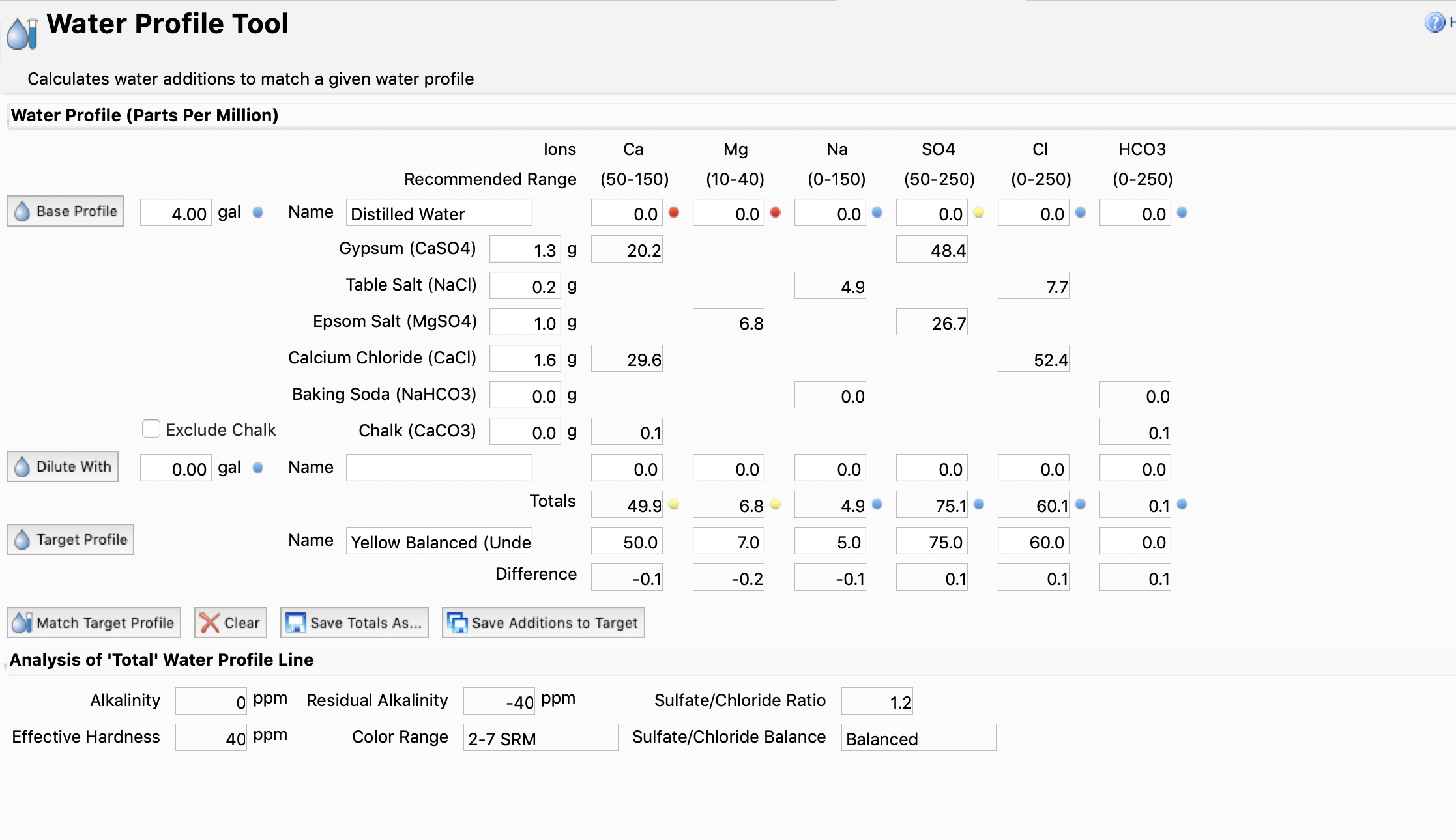Jordan Logo
Well-Known Member
As I dive deeper and deeper into this hobby I’m starting to explore the world of homebrew water chemistry.
How many of you guys/gals actually adjust your water chemistry? And if so 1 - how do you decide what to add for your specific beer? 2 - do you start with RO water as a clean slate then add?
3 - Also, if you don’t adjust your water, do you use your tap or do you buy gallon bottles (what brand)?
Thanks for all the help!
How many of you guys/gals actually adjust your water chemistry? And if so 1 - how do you decide what to add for your specific beer? 2 - do you start with RO water as a clean slate then add?
3 - Also, if you don’t adjust your water, do you use your tap or do you buy gallon bottles (what brand)?
Thanks for all the help!








































![Craft A Brew - Safale S-04 Dry Yeast - Fermentis - English Ale Dry Yeast - For English and American Ales and Hard Apple Ciders - Ingredients for Home Brewing - Beer Making Supplies - [1 Pack]](https://m.media-amazon.com/images/I/41fVGNh6JfL._SL500_.jpg)

















